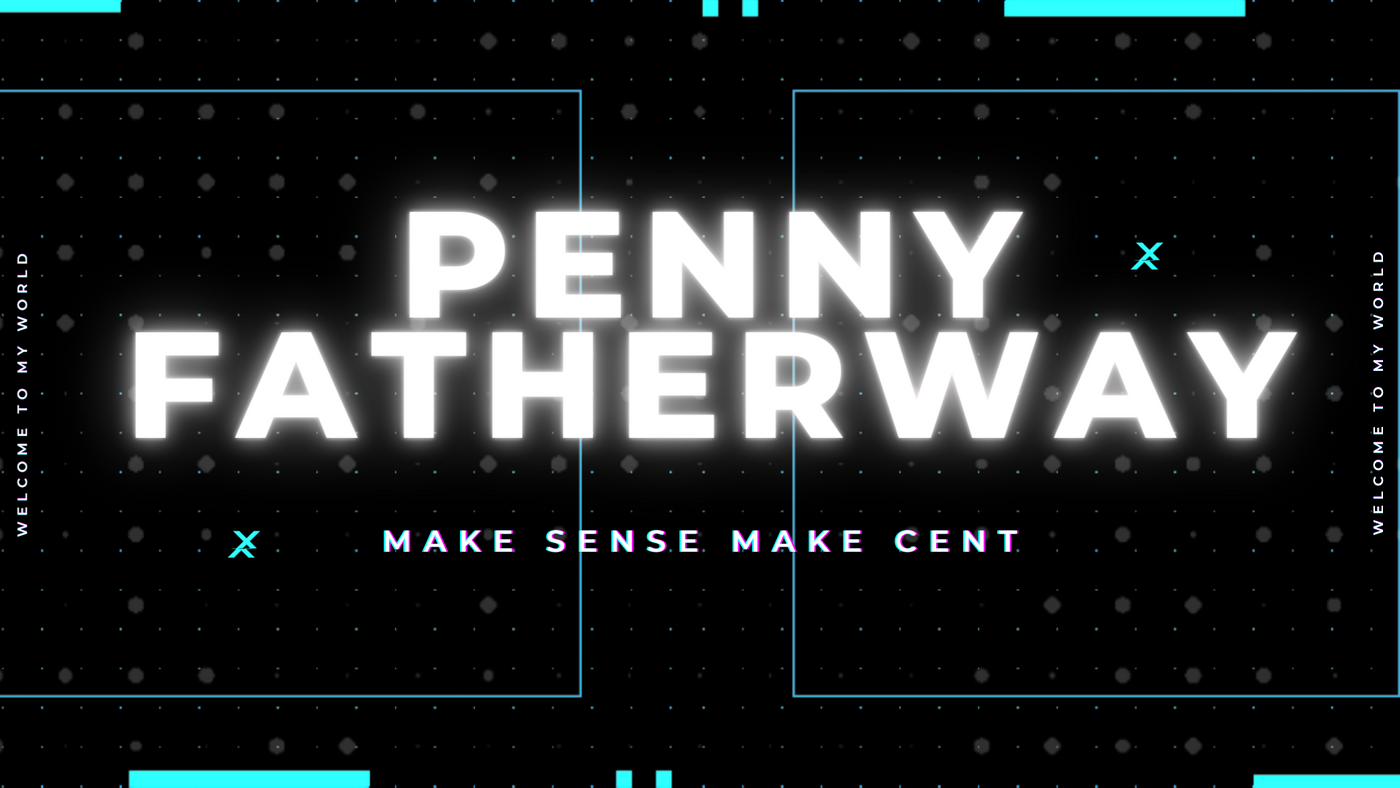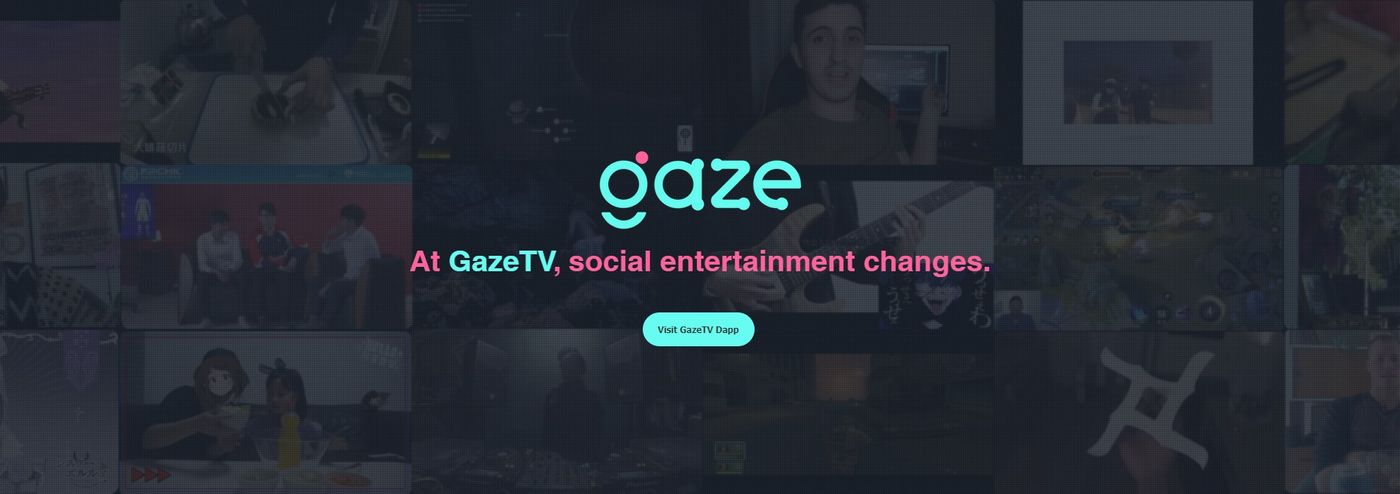3 Reasons Why Decentralized Social Media Is The Future
When it comes to the term “social media,” top social media sites like Facebook, Instagram, Twitter, YouTube come to our minds right the way. Recently announcements have been made from these major social media platforms. First, we have Facebook renaming itself “Meta,” and then Twitter announced a dedicated crypto team. Both the metaverse and cryptocurrency have something to do with decentralization. Is decentralization a better option for social media platforms of the future?

Here are three reasons why decentralized social networks will be the next trend:
1. Censorship
Concerns about censorship have always been an issue on conventional social media platforms. From Twitter’s suspension of Donald Trump’s account to the YouTube yellow monetization icon (which YouTubers are always complaining about), it shows that freedom of speech on social media is somehow restricted. Since a decentralized social platform doesn’t have a central censorship authority, this prevents the platform from having complete control of censorship.
2. Privacy and Security
User privacy is another primary concern among traditional social platforms. Data storage on decentralized social media is saved on the blockchain to prevent the unauthorized sale of user data, increasing user privacy and security.
3. Ownership of Digital Assets
Content creators share their works on the platform to entertain audiences, but they are often exploited. Take YouTube, for example, Youtubers constantly share their videos, but YouTube always gets the most advertising revenues. In contrast, creators can only get part of the revenues based on the popularity of their video content.
Moreover, digital content can easily be shared or republished. However, copyright infringement is still a common issue on social media. A decentralized social platform empowers content monetization. It allows creators to monetize their content, and also, Decentralized can protect intellectual property rights.
Ironically, social platforms allow users to share ideas, information, and other forms of expression. Users contribute content on the platform, but they don’t always get what they deserve. One of the main features of decentralization is that social sites are no longer the centralized networks controlling or overseeing activities on the platforms. Instead, the platform will only be a shared place where users can perform peer-to-peer communications and interactions.

In the future, GazeTV will also be gradually moving towards decentralization, making it a platform owned by the Gazer community.
喜欢我的作品吗?别忘了给予支持与赞赏,让我知道在创作的路上有你陪伴,一起延续这份热忱!
